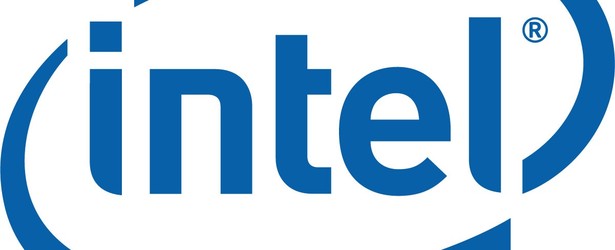By Eric Nnaji [update] FILE PHOTO: Seattle Seahawks owner Paul Allen on the field before Super Bowl XLVIII against the Denver Broncos at MetLife Stadium in East Rutherford, New Jersey, U.S., February 2, 2014. Mandatory Credit: Mark J. Rebilas/File Photo. Microsoft Corp co-founder Paul Allen, the man who persuaded school-friend Bill Gates to drop out of Harvard to start what became the world’s biggest software company, died on Monday at the age of 65, his family said. Allen left Microsoft in 1983, before the company became a corporate juggernaut, following a dispute with Gates, but his share of their original partnership allowed him to spend the rest of his life and billions of dollars on yachts, art, rock music, sports teams, brain research and real estate. Allen died from complications of non-Hodgkin’s lymphoma, a type of cancer, the Allen family said in a statement. In early October, Allen had revealed he was being treated for the non-Hodgkin’s lymphoma, ...
April 19, 2018 // 11:05 a.m.

Intel has confirmed reports that it is to close its New Devices Group, launched in 2013, and cancel its planned Vaunt smart glasses product.
The latest in a string of missteps made by the company as it attempts to win ground in the wearable and embedded spaces from the like of Arm, Intel's New Devices Group had been working on a Google Glass-like smart glasses system under the codename Superlight. Due to launch as Vaunt, the product had reached prototype stage and was reportedly a considerable improvement over rival designs - but with smartglasses as a whole proving a hard sell into all but niche areas, Intel has officially pulled the plug.
Following a report in The Information citing unnamed sources, Intel has released an official statement confirming the closure of the New Devices Group and the cancellation of the Superlight/Vaunt project. 'Intel is continuously working on new technologies and experiences. Not all of these develop into a product we choose to take to market. The Superlight project is a great example where Intel developed truly differentiated, consumer augmented reality glasses,' the statement reads. 'We are going to take a disciplined approach as we keep inventing and exploring new technologies, which will sometimes require tough choices when market dynamics don’t support further investment.'
Intel's statement does not address The Information's claim that the closure will result in job losses for some or all of the 200-strong New Devices Group team.
April 19, 2018 // 11:05 a.m.

Intel has confirmed reports that it is to close its New Devices Group, launched in 2013, and cancel its planned Vaunt smart glasses product.
The latest in a string of missteps made by the company as it attempts to win ground in the wearable and embedded spaces from the like of Arm, Intel's New Devices Group had been working on a Google Glass-like smart glasses system under the codename Superlight. Due to launch as Vaunt, the product had reached prototype stage and was reportedly a considerable improvement over rival designs - but with smartglasses as a whole proving a hard sell into all but niche areas, Intel has officially pulled the plug.
Following a report in The Information citing unnamed sources, Intel has released an official statement confirming the closure of the New Devices Group and the cancellation of the Superlight/Vaunt project. 'Intel is continuously working on new technologies and experiences. Not all of these develop into a product we choose to take to market. The Superlight project is a great example where Intel developed truly differentiated, consumer augmented reality glasses,' the statement reads. 'We are going to take a disciplined approach as we keep inventing and exploring new technologies, which will sometimes require tough choices when market dynamics don’t support further investment.'
Intel's statement does not address The Information's claim that the closure will result in job losses for some or all of the 200-strong New Devices Group team.
Comments
Post a Comment